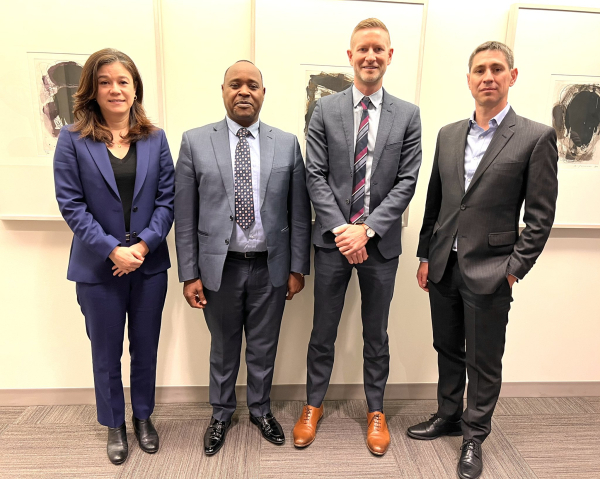The booming tech and digital sectors play an increasingly important role in East African economies. To support the countries in their projects and foster digital integration, partner institutions are committing significant funds.
The World Bank recently granted US$15 million to strengthen and accelerate regional digital integration efforts in the East African Community (EAC).
According to a statement issued by the EAC on Saturday, December 17, with that funding, the World Bank -through its Single Digital Market (SDM) initiative- wants to help the region become a deeply integrated and dynamic hub for digital investment, innovation, and growth.
For EAC secretary general Peter Mathuki, the funds will be used to create, among other things, regional digital innovation centers in all partner states to address digital challenges. "This support will further enhance the region's competitiveness and skills development that are central to successful digital transformation," he said.
Developing digital infrastructure and the economy is one of the development priorities of EAC member countries (Burundi, Democratic Republic of Congo, Kenya, Rwanda, South Sudan, Tanzania, and Uganda). Two years ago,
decided to align their tax regulations concerning the digital economy. The alignment aims to increase member countries’ revenues from the ICT sector and establish a legal framework that can help countries regulate large digital firms in the years to come.
According to a study conducted by the International Finance Corporation (IFC) in 2020, by 2025, the digital economy’s contribution to GDP would reach 9.24% in Kenya, 5.96% in Rwanda, 4.57% in Tanzania, and 4.18% in Uganda.
To achieve this, the community can rely on the World Bank and its single digital market initiative. According to the EAC release, the project will focus on the development and integration of the connectivity market, which will involve the creation of a legal, regulatory and institutional environment conducive to information technology and communication to strengthen digitization in the region.
Samira Njoya



















